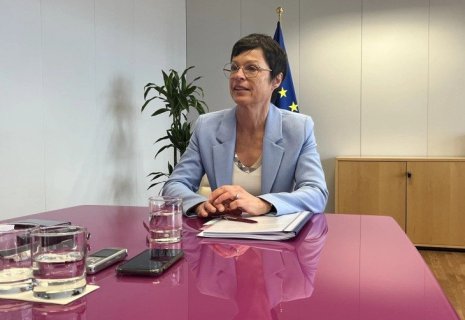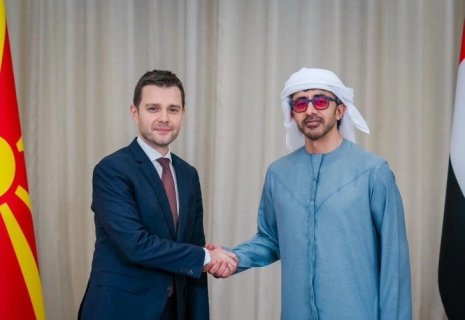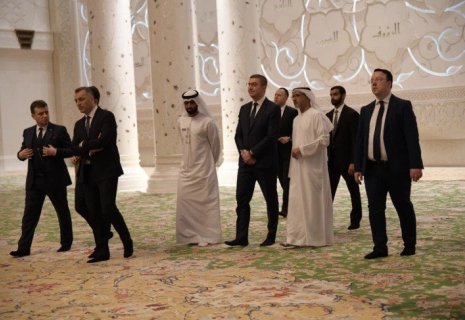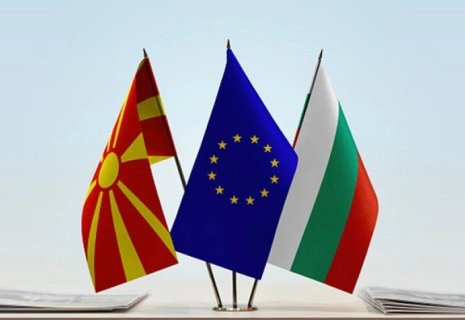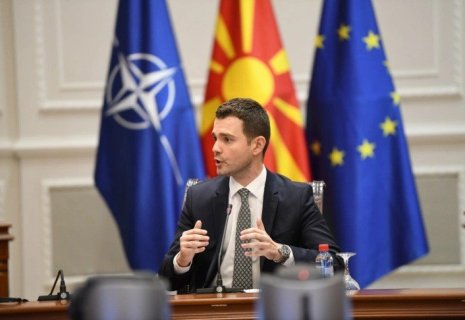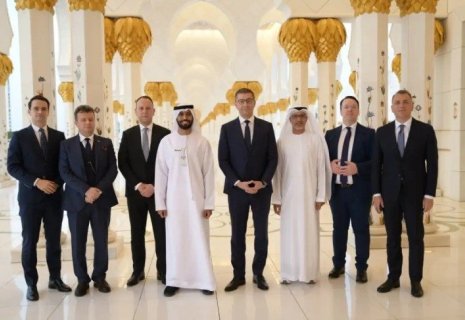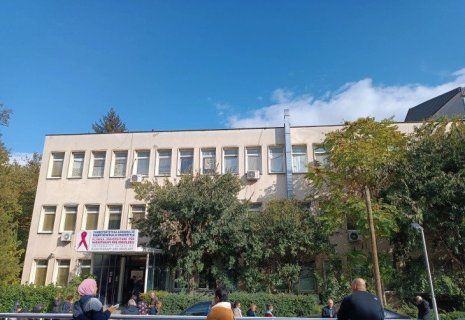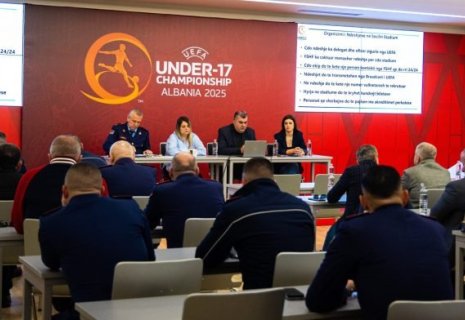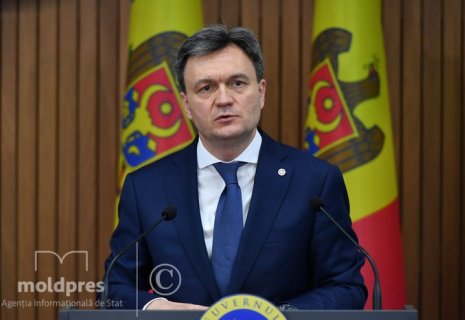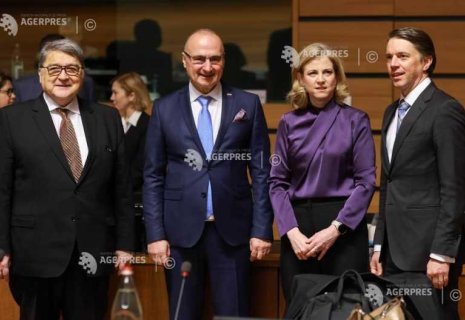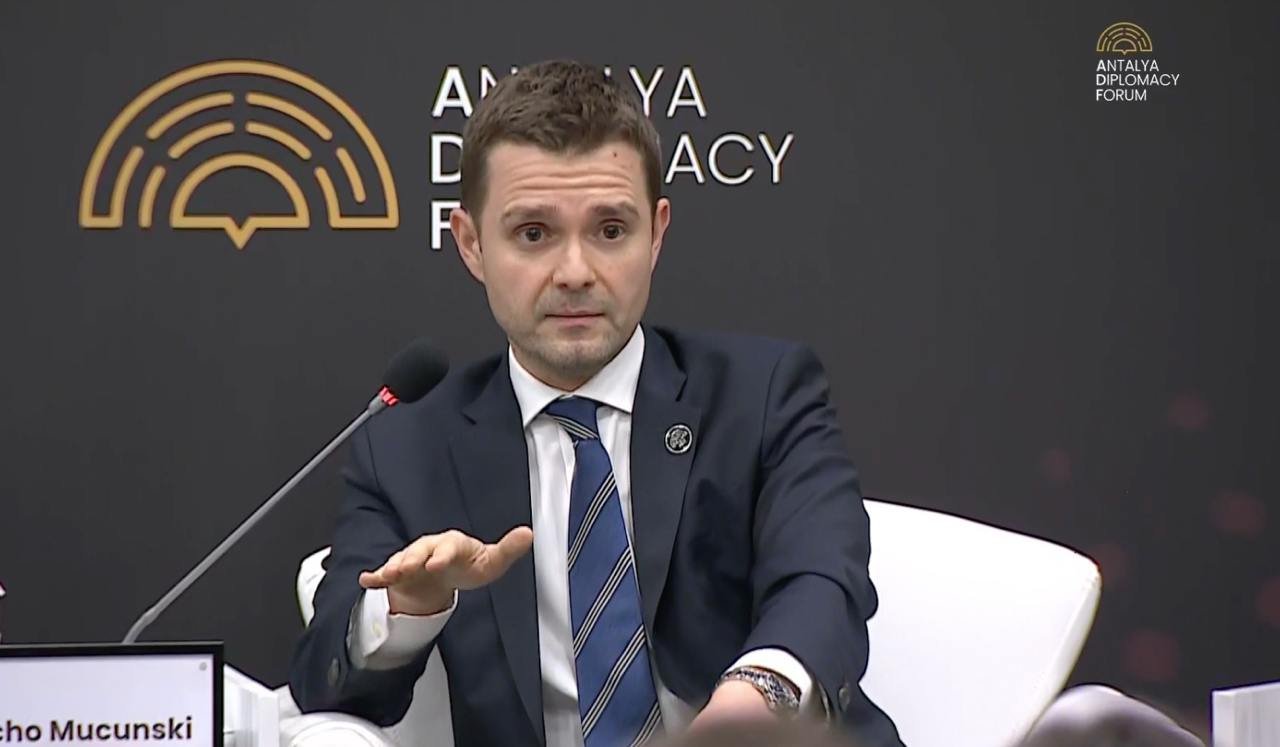
North Macedonia’s FM urges acceleration of Balkans' path to EU
Timcho Mucunski, Minister of Foreign Affairs and Foreign Trade of North Macedonia, urged an accelerated path for the Western Balkans to join the European Union, emphasizing the need for solidarity, merit-based cooperation, and the resolution of political volatility, CE Report informs.
His remarks came during his speech at the Antalya Diplomacy Forum on Saturday, where he addressed the key challenges facing the region and highlighted the importance of regional unity.
Photo: Antalya Diplomacy Forum
Mucunski began by recalling a recent national tragedy in Kocheny, where 61 people, mostly young individuals, lost their lives. He expressed profound gratitude for the swift response from Türkiye, particularly the Turkish government, medical personnel, and citizens who provided assistance during the crisis.
“When times get tough, these are the friends you call,” Mucunski stated, referring to the solidarity his country received from Turkey and other European nations, despite past political challenges.
He thanked Türkiye’s government, doctors, nurses, and the people of Türkiye for their ongoing support. Addressing the political challenges of the Western Balkans, Mucunski pointed out that bilateralization - the practice of countries prioritizing individual agreements over regional cooperation – is a significant obstacle.
He stressed that the region needs to establish mechanisms that shield it from political instability and ensure progress through rules-based and merit-based cooperation.
“We need to anchor ourselves in rules-based and merit-based cooperation,” he urged. “If we cannot insulate ourselves from political volatility, our future is at risk.”
Mucunski emphasized that EU candidate countries in the region, including North Macedonia, have suffered from the effects of bilateralization. He warned that allowing this practice to continue would harm the collective progress of the region.
Furthermore, he advocated for the need for transparency in political decision-making and the importance of openly addressing shortcomings when striving for EU membership.
“We need to speak very openly and establish a system where we advance based on merit and rules,” Mucunski said.
He also cited the example of Ireland and the United Kingdom, two countries that overcame historical tensions and worked together as EU members, demonstrating the success of EU integration in overcoming long-standing conflicts.
He called on the Western Balkans to adopt a similar approach to unity and cooperation.
“Let’s use these positive examples,” Mucunski concluded, advocating for a collective effort to advance the region’s EU integration and ensuring a stable and prosperous future for the Western Balkans.



